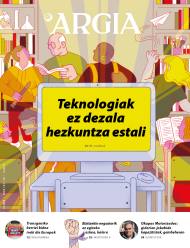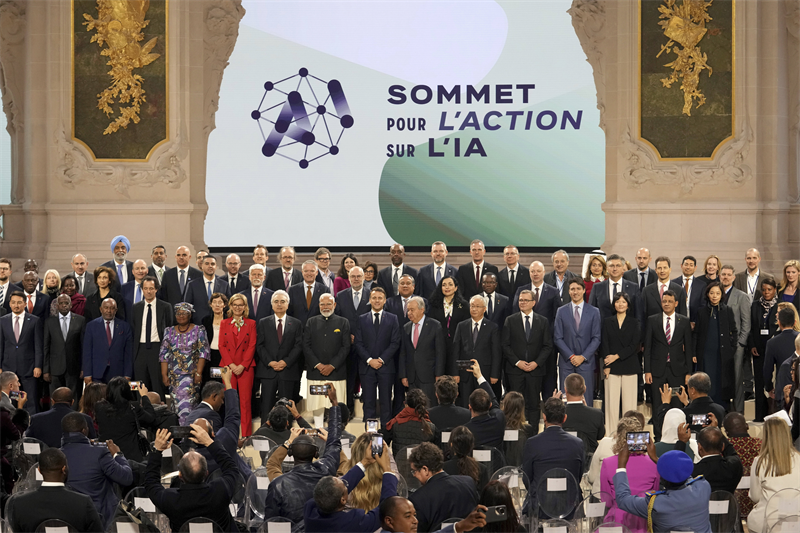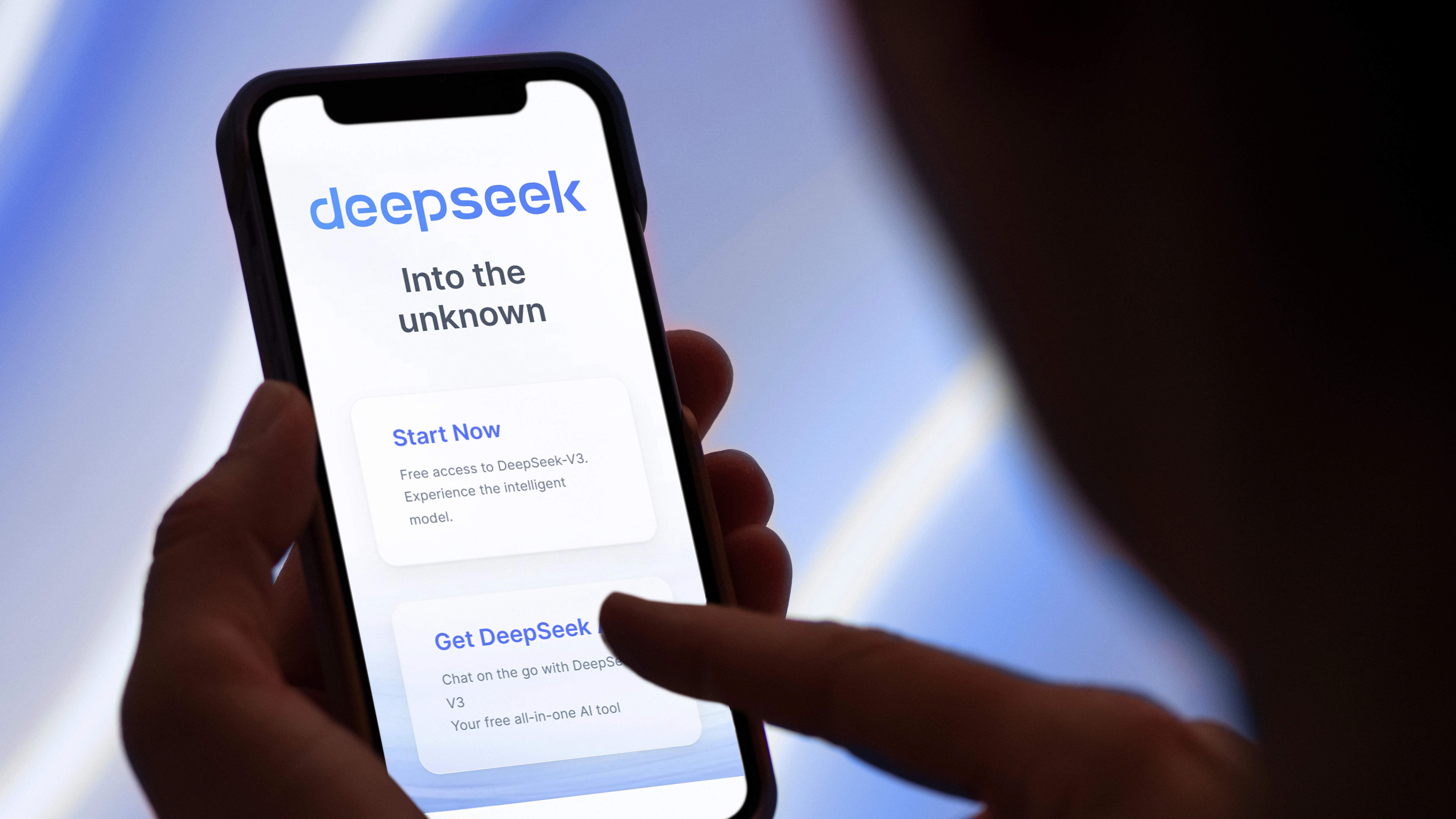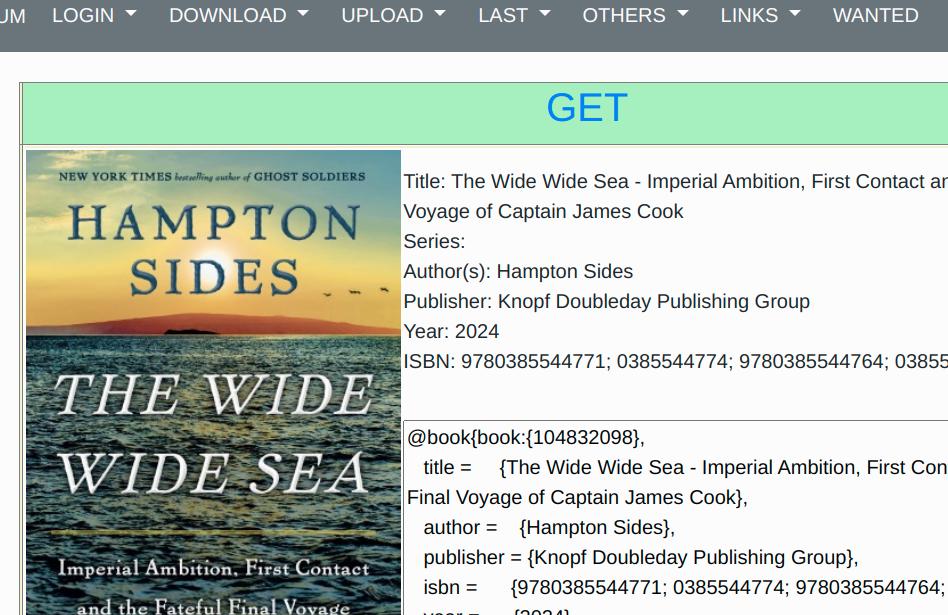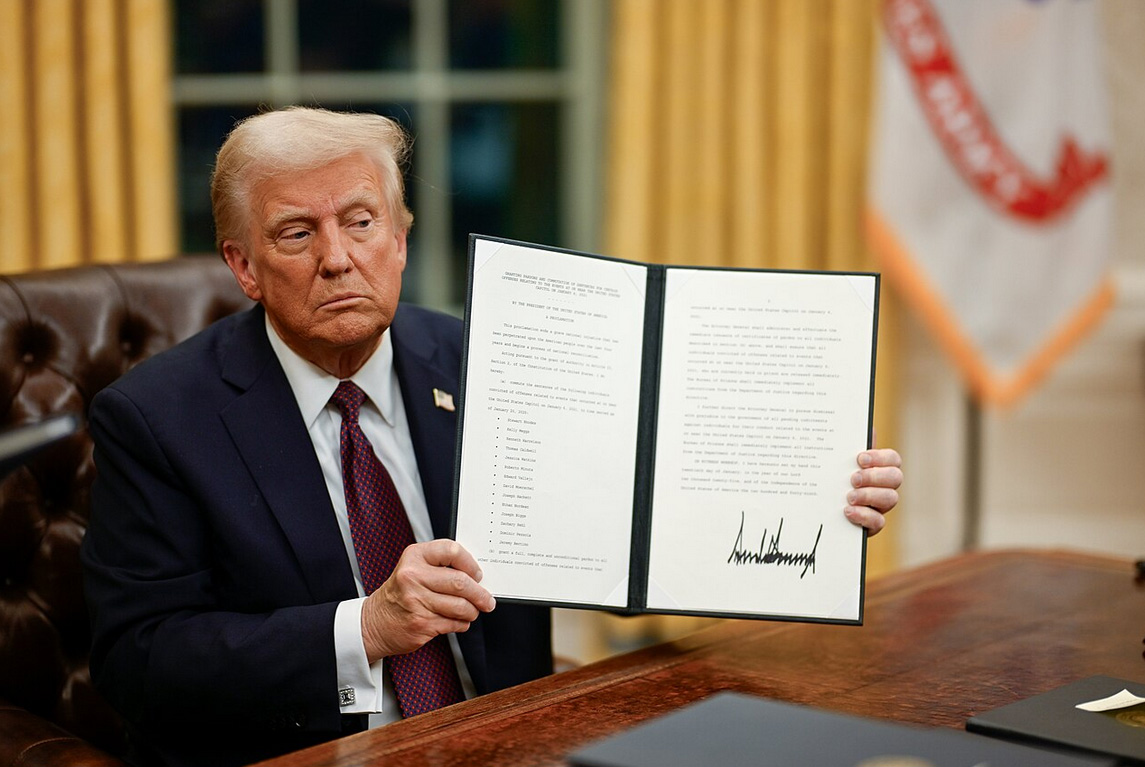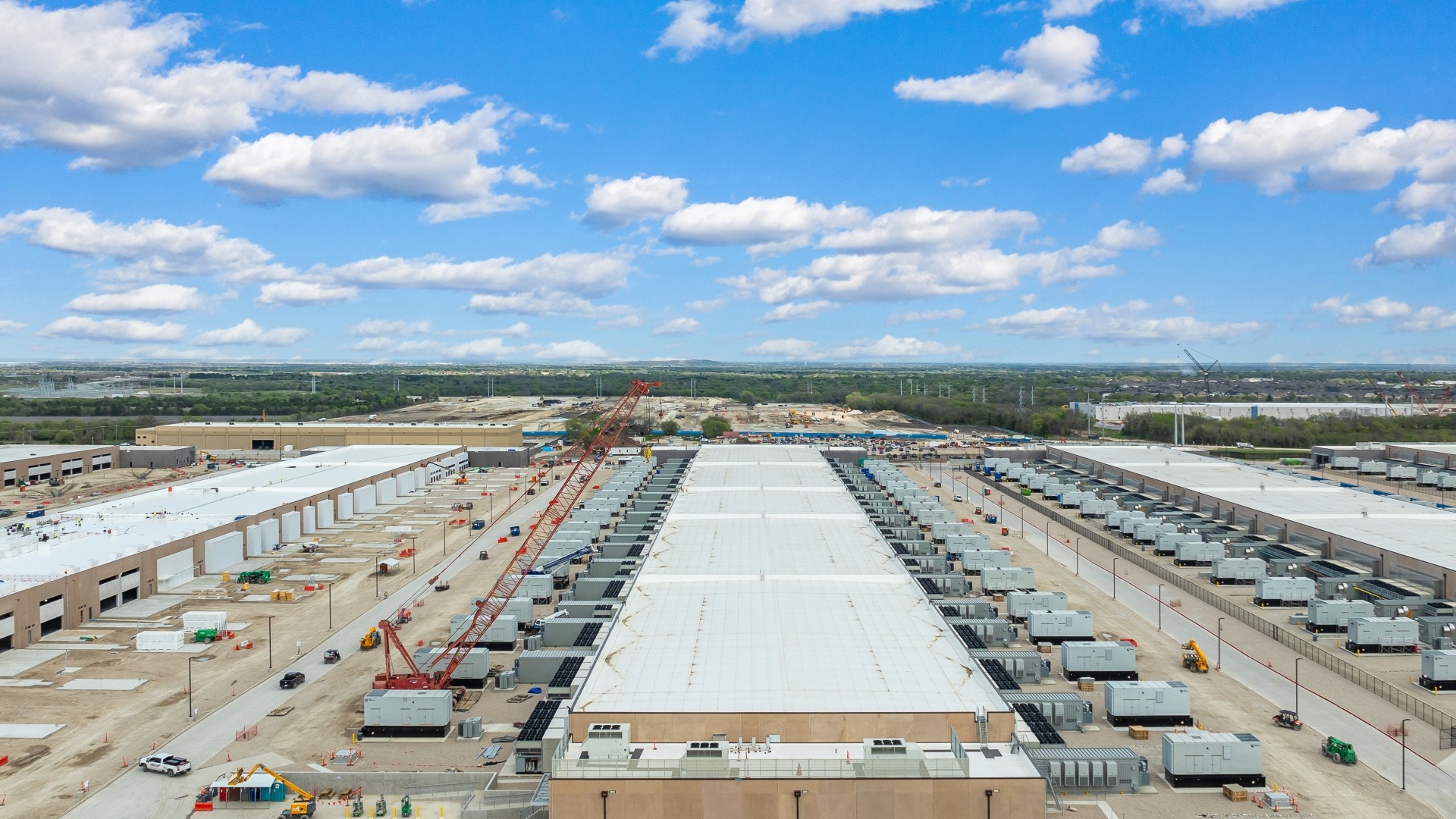"I don't think we can get a fairer world by collecting more data."
- Last January, the philosopher Yuk Hui offered a conference, or rather, at the Tabakalera de Donostia. His work has had a great impact in recent years and was full of height. Hui has criticised, among other things, the line of thought of monotechnology, which could be compared to monoculture, and has defended technodiversity and cosmotechnic. Faced with the only account of Silicon Valley, local knowledge, cosmovisions and, of course, technologies.

Yuk Hui. (Hong Kong)
He studied computer engineering at the University of Hong Kong and then completed his doctoral thesis in philosophy at the Goldsmith University (London, England). He is currently a professor at the Erasmus University in Rotterdam (Netherlands). He investigates the links between technology and philosophy and has written several books on the subject. If you want to know more, you have good access to the Fragment the Future Essay Collection (Black Box, 2020).
He currently works in the philosophy of technology, but he studied computer engineering itself. How did the tendency to philosophy emerge? When I was studying computer engineering, I was very interested in artificial intelligence (AI), and it covered as many classes as I could in this field. And so I realized that a lot of questions within the AA
are really philosophical. What is perception? What is intelligence? What is moral action? These questions as a computer engineer don't ask them. Learn how to program. You copy, paste and reorganize the algorithms developed by others, but below are all those philosophical questions. So I went into philosophy, and by surprise I met the philosopher Ben Stiegler. He affected me a lot and became my tutor.
In one of his first books, he looked at China. How did this research begin? It's a long story. You can talk about technology in a variety of ways, for example, about technology to make a table, but also about technology as a concept. Or another associated concept, the concept of nature. What is nature? Is there something you can call nature? In the last 20 years many anthropological works have been carried out to question the concept of nature. Some anthropologists, among others, have argued that the concept of nature, as we know it today, is very modern, the result of European modernism. In other words, it is based on the opposition between nature and culture. The concept of nature cannot be isolated from its context, so there will be several species. When I was reading about it, I wondered what happens then to the concept of technology. In short, nature is related to concepts such as technology, artificiality, culture, etc. So if there are
several species, will there be different technologies? That was my first question.
"We're guided by the Silicon Valley speech. And they deploy fantasies, lies, rumors and prophecies. You have to be careful about this."
And what development has the concept of technology had in China? If you look at history, you know that before the 16th century, technology and science were much more
developed in China and India than in Europe. But in the 16th century, something changed and changed radically. From this century on, modern science and technology only developed in Europe, not in China and India. And that means there were probably a lot of technological thoughts until then. There were different concepts or conceptions of technology, and to throw them away, in China, in India or in Japan they developed other ways of acting with their environment.
Based on your beliefs and cultures? Yes, based on our own cosmology. Cosmologies are also regulatory. For example, you will not fish small fish, otherwise you will be left with nothing for the following year. There are different cosmological, epistemological and ontological conclusions. What is one thing? What is an animal? What is
a tree? What is life? The answers will vary by place, and this constellation of thought allows the development of a certain technology. At the same time, certain technological developments are identified. I mean, you know that, according to your cosmology, some things shouldn't develop.
In the case of China, for example, the concepts of Tao and Qi were very important. I've tried to reconstruct Chinese technological thinking. For this I have taken two philosophical categories, the old ones, Tao and Qi. Chinese thinkers have always talked about the conjunction of these two concepts, but this thought
has not been articulated subsequently. It has almost forgotten the introduction of European modernisation in the first place and of Marxism in official Chinese ideology. And these other technological approaches have not been explored.
.jpg)
What was their objective in the research? Or what conclusions did you draw? On the one hand, technology is always based on unexpressed cosmological, epistemological and ontological conceptions, depending on the place of the world. There are
no rational and pure universal logics, these logics are always located in a given place, some beliefs and beliefs allow and limit. On the other hand, it is possible to systematically analyse all this. I in the case of China did so, took two old concepts and rebuilt that thought, but that's just one example, you can rebuild the technological thinking of Africa or Latin America.
In this way, maybe we'd better understand what we can do with technology today, because now we're guided by
a single discourse of technology. Technological determinisms. Everything is applied by technology. When you go to the airport bookstore, all the books are “How will you transform AA I don’t know what business”, “How will you transform ChatGPT art”, etc. But I don't think this is very useful in understanding our own possibilities. It guides us through the Silicon Valley speech. And they deploy fantasies, lies, rumors and prophecies. We must be careful. In view of this, you propose technodiversity.
I want to think about technological diversity, but not just that. I want to build a matrix that associates three types of diversity: technodiversity itself, non-diversity – that is, diversity of thought – and biodiversity. I propose the combination of these three to think about the current situation.
How do the three come together? When we talk about biodiversity, we must understand that human activity has contributed greatly to reducing biodiversity, such as the use of technology or pesticides. Many species have
been destroyed. At one time, depending on the place, people faced problems in one way or another, there was a lot of knowledge. Instead of using pesticides, they used another solution. But with the example of the pesticide we see that it is considered a single solution, regardless of how it will affect the environment. This is what has happened in the 20th century. The problem, the pesticide. And then the disaster has come and we don't know what to do. You can't talk about biodiversity without talking about technodiversity. We cannot say “protect birds” and dot. We must also think about what kind of technology we use, what kind of activity we have with the environment. With this matrix of technodiversity, nondiversity and biodiversity, we can also think of other things, for example: is there a diversity of artificial intelligences? How could we promote the diversity of artificial intelligences?
"You can't talk about biodiversity without talking about technodiversity. We cannot say ‘protect birds’ and ‘point’
There's no diversity in artificial intelligence, right? No. And on the other hand, in OA, you also don't understand what intelligence is. At first, a Cartesian and rationalist vision was imposed. It was intended to
develop a rationalist representation of the world through symbols. From the symbols, logical inferences could be made and intelligence developed accordingly, thinking that the mind worked like this. But then that vision lost. Neural networks appeared, machine learning appeared. They all come from connection. In connection, the desire is not full of symbolic representations, while the desire is a network that is dynamically updated. This is machine learning that we have today. Inside artificial intelligence there have also been changes in the way intelligence is thought, but it's still a very limited way of thinking about intelligence.
Why? Because it's based on empiricism; the more data, the better results. They think they'll solve the problem with more data. For example, face recognition does not identify the faces of black people, where there has
been a lot of violence. To answer, they say, let's take pictures of more black faces and introduce more data inputs. But will we really achieve a fairer world by collecting more data? I don't think so. The understanding of the mind is very limited. According to empiricism, and we live the triumph of this current, the world is made up of facts, and intelligence would be the ability to analyze these facts. But intelligence isn't that simple. We have to diversify it. We also use intelligence on a daily basis, in contact with our communities.
In any case, these questions are not put on the table. It's just about how art is going to change ChatGPT, or how this or that is going to change, how mass unemployment is going to come… Really mass unemployment?
"Mass unemployment would destroy capitalism and capitalism will not yield to it. Development of new industries for the exploitation of workers
Don't you think that will happen? Mass unemployment would destroy capitalism and capitalism will not yield to it. Development of new industries for the exploitation of workers. In the case of factory automation, for example, former workers will become Uber guides, or food delivery providers… This has
already happened in recent decades.
One of the books he has recently published has a future in the title. The future is called fragmented. Why that title? How do you see the future? Narrow technological discourses make it very difficult for us to think about
possible futures. And I think we have to imagine the future from diversity. But how? My proposal is to look at the past and the present, and think about what it can be, how we can participate, concretely, in the development of technologies, in the development of communities, in the development of aesthetic education… Because today when we talk about the future we talk about the revelation more or less.
.jpg)
Two solutions are usually proposed mainly: one, fleeing, for example to Mars, to put the same logics there that are destroying the Earth, or, if not, abandoning technology and returning to the forms of the past, but in a sense it is also impossible. Among them, there are concrete alternatives. Yes, I was surprised, because I learned that in some projects my proposal for technodiversity was taken into account. An example was written by a Brazilian lawyer and his colleagues. Apparently, now in the Amazon they have access to the Internet through the Starlink of Elon Muskiz, and the members of this group who have contacted me are thinking about what is going to happen to the
jungle communities. We can imagine modernizing the Amazon, but what does that mean? What can you order Amazon products and get to the Amazon using drones, for example? Maybe yes, but maybe it's not the best thing that can happen. Something different may arise. So I've seen that there are projects and efforts to explore the possibilities of technodiversity, but the first thing to do is to destroy those narrow technological narratives.
"Narrow speeches about technology make it very difficult for us to think about possible futures. And I think we have to imagine the future from diversity."
I should like to bring a final point. Discoloration. So far you have not explicitly mentioned it, but it appears in the introduction of your book, and in everything you have said I also believe that this line is very present. How do you understand it? When we talk about discoloration, we talk from a
narrative point of view, but we don't get into the development of technology. The truth is that European modernisation was implemented through technology, and the type of modern knowledge was also extended through the use of technology. So if we want to think about discoloration, we have to take the problem of technology and also the locality very seriously. What is the town here in Donostia? What about the Amazon? And how can we think about this diversity in terms of biodiversity, nondiversity and technodiversity? I think for me this is a different way of thinking about discoloration, rather than just thinking about our identity, our narrative or history, that's what we also have to think about, obviously.
Do you mean that our cosmology has to be related to the technologies that we use? If there are
no links, they become two separate layers. And the layer of cosmology or tradition disappears at some point, it's kept in the museum because it corresponds to the past. It will exist in the reality of the museum, but it will not be with us, because we must always create new mentalities and practices. And what does it take to create new mindsets and practices? For example, when two incompatible things come together, instead of choosing one of them, try to create something new given that incompatibility.
Silicon Valley-ko oligarkia AEBetako gobernura iritsi berritan lehertu da adimen artifizialaren (AA) burbuila. Txip aurreratuen erraldoia den Nvidia-k urtarrilaren amaieran izandako %16,8ko balio galera, egun bakar batean inoiz izan den burtsa balio galerarik handiena da... [+]
Geroz eta ekoizpen gehiagok baliatzen dituzte teknologia berriak, izan plano orokor eta jendetsuak figurante bidez egitea aurrezteko, izan efektu bereziak are azkarrago egiteko. Azken urtean, dena den, Euskal Herriko zine-aretoak gehien bete dituztenetako bi pelikulek adimen... [+]
Diario de Noticias de Álava (DNA) egunkariko langileak sinadura greban daude, eta aspaldi ari dira beren lan baldintza “miserableak” eta horiek kazetaritzaren kalitatean duen eragina salatzen. 2013tik soldatak izoztuta dituzte, eta ordutik erosahalmenaren %30... [+]
“I will overturn, overturn, overturn, it[...]”
Ezekiel 21:27 – King James Version
“Above all algorithms, below all algorithms”
Xabier Landabidea
I’m uncomfortable, uncomfortable with the almost religious attitude our society has taken towards technology, and... [+]
Zer jakin behar dut? Norekin erlazionatu behar dut? Non bizi behar dut? Ardura horiekin gabiltza gizakiok gure gizarteen baitan bizitza on baten ideia bizitzeko bidean. Ondo erantzuten ez badakigu, bazterretan geratuko garen beldurrez.
Joan den astean, kanpoan geratzearen... [+]
Many years ago, Dr. I knew the abuse chatbot, and I also realized the speed at which people can engage with these machines. Being social animals, the relationship is natural and necessary, and as the name 'relationship' says, it always leads to a response from the other. Receiving... [+]









